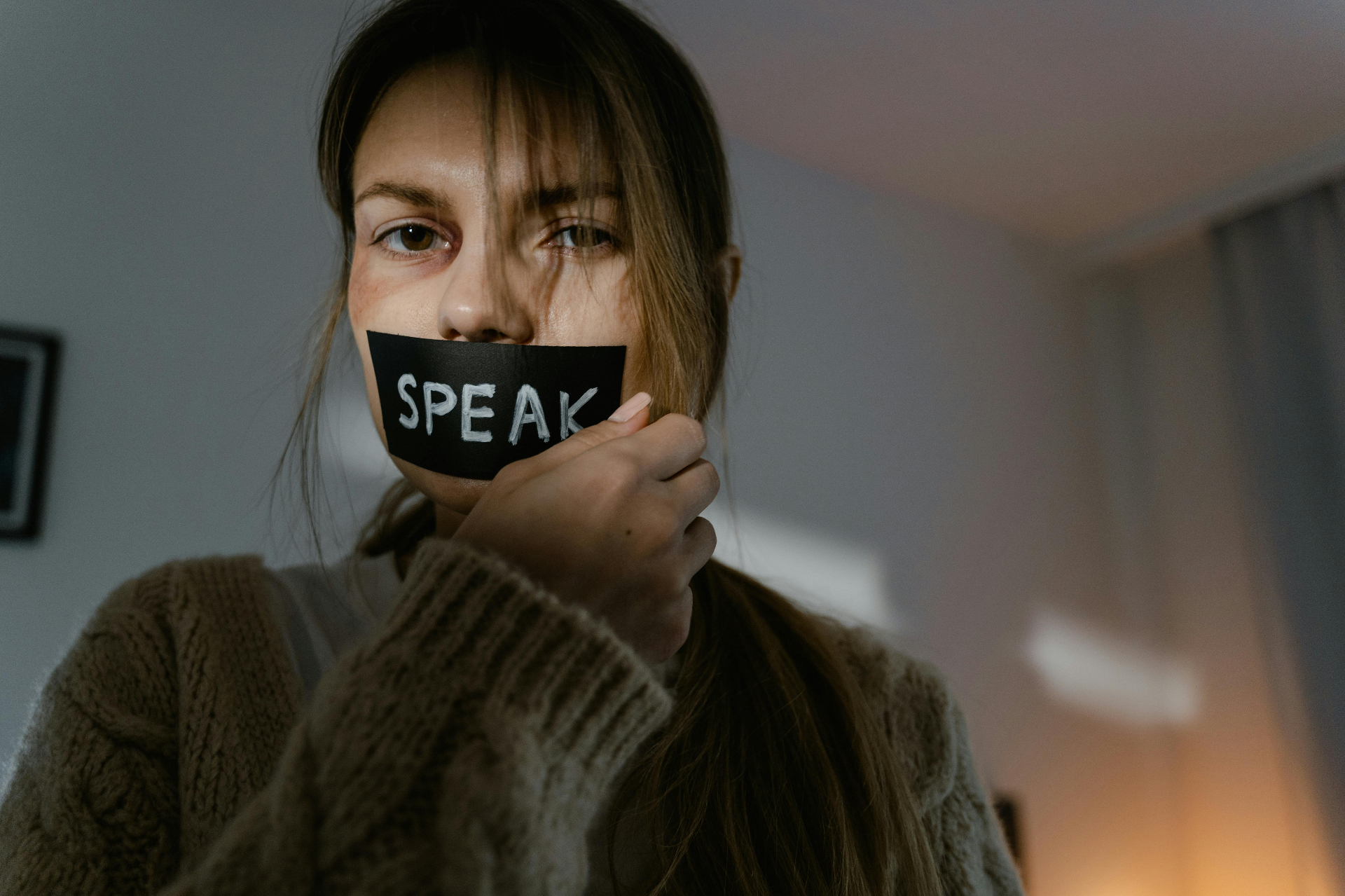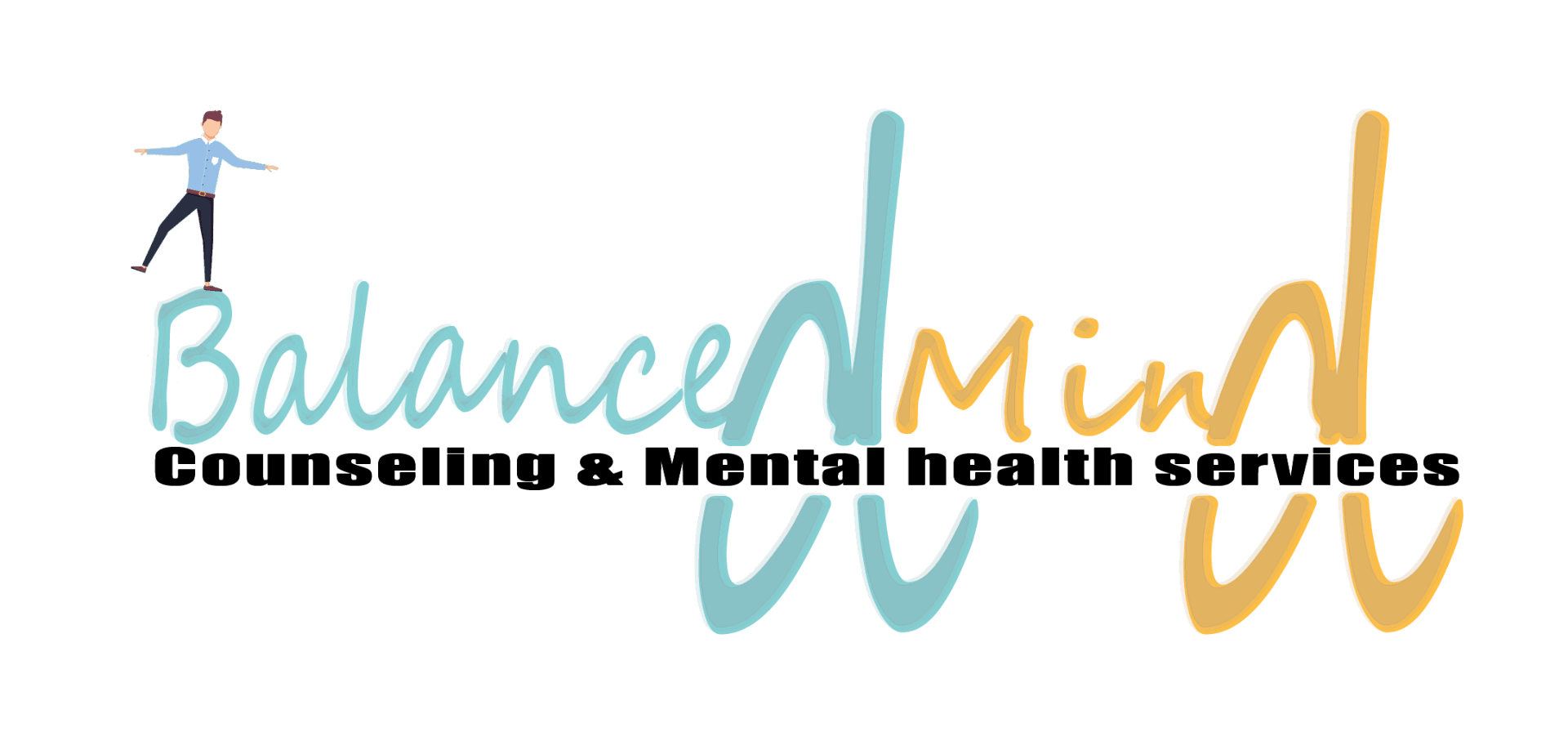Signs That You May Be in an Abusive Relationship

Recognizing Warning Signals to Protect Your Well-being
Understanding Abuse in Relationships
Abuse in relationships can take many forms, including physical, emotional, psychological, sexual, and financial. Recognizing the signs early is crucial for your safety and mental health. Abuse is never your fault, and support is available.
Common Signs of an Abusive Relationship
Control and Isolation: Your partner tries to control where you go, who you see, what you wear, or how you spend money. They may isolate you from friends, family, or other support systems.
Manipulation and Gaslighting: They deny things you know are true, twist facts, or make you feel like you’re “crazy” or at fault for their behavior.
Verbal or Emotional Abuse: Regularly insulting, humiliating, belittling, threatening, or yelling at you. They may use put-downs or make you feel worthless.
Physical Abuse: Any form of physical harm, such as hitting, slapping, shoving, choking, or physically intimidating you.
Sexual Abuse: Forcing or pressuring you into sexual activity against your will or making you feel obligated to participate.
Jealousy and Possessiveness: Extreme jealousy, accusations of cheating, or monitoring your movements and communications.
Threats and Intimidation: Threatening to hurt you, themselves, or others, or using intimidation to control your decisions.
Financial Control: Restricting your access to money, demanding to know how you spend every dollar, or preventing you from working.
Blaming and Denial: Making you feel responsible for their actions, blaming you for problems or abusive behavior, or denying that abuse is happening.
Sudden Mood Changes: Quick changes in mood, from loving to angry or threatening, often leaving you feeling “on edge.”
What to Do If You Recognize These Signs
Talk to someone you trust, friend, family member, counselor/therapist, or helpline.
Document any incidents and keep records if you feel safe doing so.
Make a safety plan if you need to leave the relationship.
Seek professional help and support resources.
Resources for Help
If you believe you may be in an abusive relationship, consider reaching out to the National Domestic Violence Hotline at 1-800-799-7233 or visiting thehotline.org for support and guidance.
Remember, abuse is never your fault, and you deserve to feel safe and respected. If you are not sure if your relationship is abusive, or are just unhappy in your relationship, book with a therapist at Balanced Mind Counseling for insight on how to get the situation turned around.
